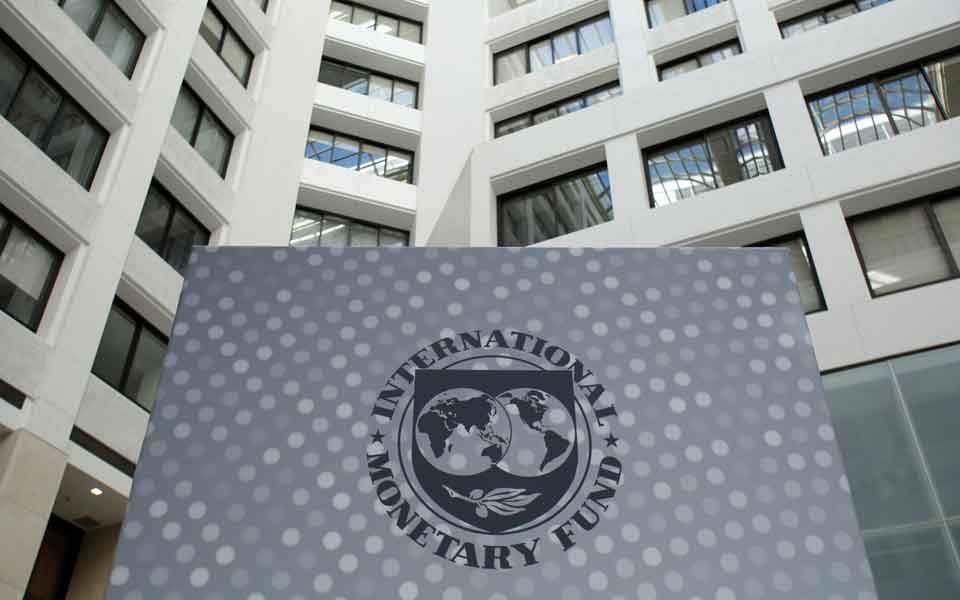The Greek economy is projected to grow by 3.3% this year and 5.4% in 2022, the International Monetary Fund (IMF) said in its staff report on Greece released on Friday.
The IMF said that simulations of the macroeconomic impact of Greek government fiscal support measures indicate that government measures would help contain the impact of the COVID-19 pandemic on the non-financial companies sector.
This is compared to a counterfactual scenario of no policy support in which the impact on NFC financial distress would be similar than during the Greek sovereign crisis.
In this respect, improvements in NFC financial performance over the past decade resulted in a large reduction of ‘trapped debt’ held by companies in persistent financial distress (‘zombie’ firms).
This suggests that the impact of the crisis on NFCs is adequately addressed by temporary support measures.
Going forward, a data-driven approach could help improve the targeting of measures to support viable NFCs.
This approach can help identify firms that face temporary liquidity problems compared to those with persisting financial distress (‘zombie’ firms).
Further, allowing the resolution framework to function would help address the persistence of ‘zombie’ firms.
In this respect, the new Insolvency Code and the lifting temporary measures put in place to 'freeze' debt resolution activity, which were the result of disruptions in the operation of the courts caused by the pandemic and containment measures are a step in the right direction.
Implementation of a data-driven approach can complement stepped-up enforcement procedures to ensure that only viable firms are provided with state-supported rescheduling options.
The IMF noted that despite the pandemic, the Greek government implemented reforms in several sectors, although at a slower pact compared with the recent past.
It said the government's reaction to the pandemic was swift and efficient and helped the economy to show resilience.
It noted that the country's public debt will fall in the medium term, after reaching a new height in 2021, and noted that financial needs for servicing the debt remained manageable, leaving the country's public debt sustainable in the medium term.
However, great uncertainties prevailing globally did not allow the Fund to make any predictions over the long-term sustainability of the debt.
The IMF said the government's measures on the state budget will lead to a primary deficit of 7.2% of GDP.
In addition, it said, the inflow of Recovery Funds will help Greece enter a virtuous cycle, with economic growth, higher credit expansion, lower taxation, upgrading the country's credit rating into an investment grade, thus reducing the stock of non-performing loans and debt sustainability.
The IMF report welcomed the extension of the "Hercules 2" program that will help commercial banks to reduce their stock of NPLs, and it encouraged the government to examine supplementary measures such as the Bank of Greece's plan for the creation of a 'bad bank'.
READ MORE: Greek state budget shows signs of economic recovery, minister says.


